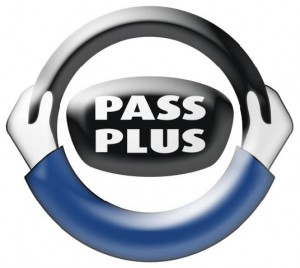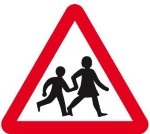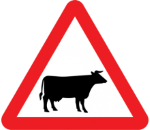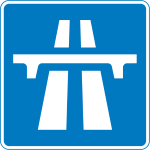testing with interpreters is set to end. A good thing?
News story
End to foreign language driving tests
Driving test candidates will no longer be able to use foreign language voiceovers and interpreters on their test from 7 April 2014.
The move, announced today (10 October 2013) by Road Safety Minister Robert Goodwill, follows a public consultation.
Currently people can:
- take their car and motorcycle theory tests with a voiceover in 1 of 19 foreign languages
- use interpreters on theory tests and practical tests
This will stop from 7 April 2014.
“Right skills to use our roads”
Patrick McLoughlin, Secretary of State for Transport, said:
We want to make sure that all drivers have the right skills to use our roads safely and responsibly. One area where we can help ensure this is by requiring all test candidates to take the test in English or Welsh, the national languages.
This will help to ensure that all new drivers will be able to understand traffic updates or emergency information when they pass their test. It will also help us to reduce the risk of fraud by stopping interpreters from indicating the correct answers to theory test questions.
Review of foreign language support
The Driving Standards Agency (DSA) consulted earlier this year on a series of proposals reviewing the level of foreign language support available to candidates.
This was in response to concerns about:
- potential road safety implications
- the risk of fraud
- the cost of providing translations
Almost 2,000 people had their say on the proposals.
Support for the withdrawal of foreign languages
More than 70% of the people who responded supported the withdrawal of foreign language voiceovers and interpreters on tests.
Many people agreed that a lack of understanding of the national language meant that some drivers may not be able to:
- understand traffic signs
- speak with traffic enforcement officers
- read details of the rules of the road
There was also support for encouraging candidates to learn the national language to improve social cohesion.
Candidates with special needs
Candidates with dyslexia or other reading difficulties will still be able to take their theory test with an English or Welsh language voiceover.
Candidates who are deaf or have hearing difficulties will still be able to:
- take their theory test in British sign language (BSL)
- take a BSL interpreter with them on their practical test








